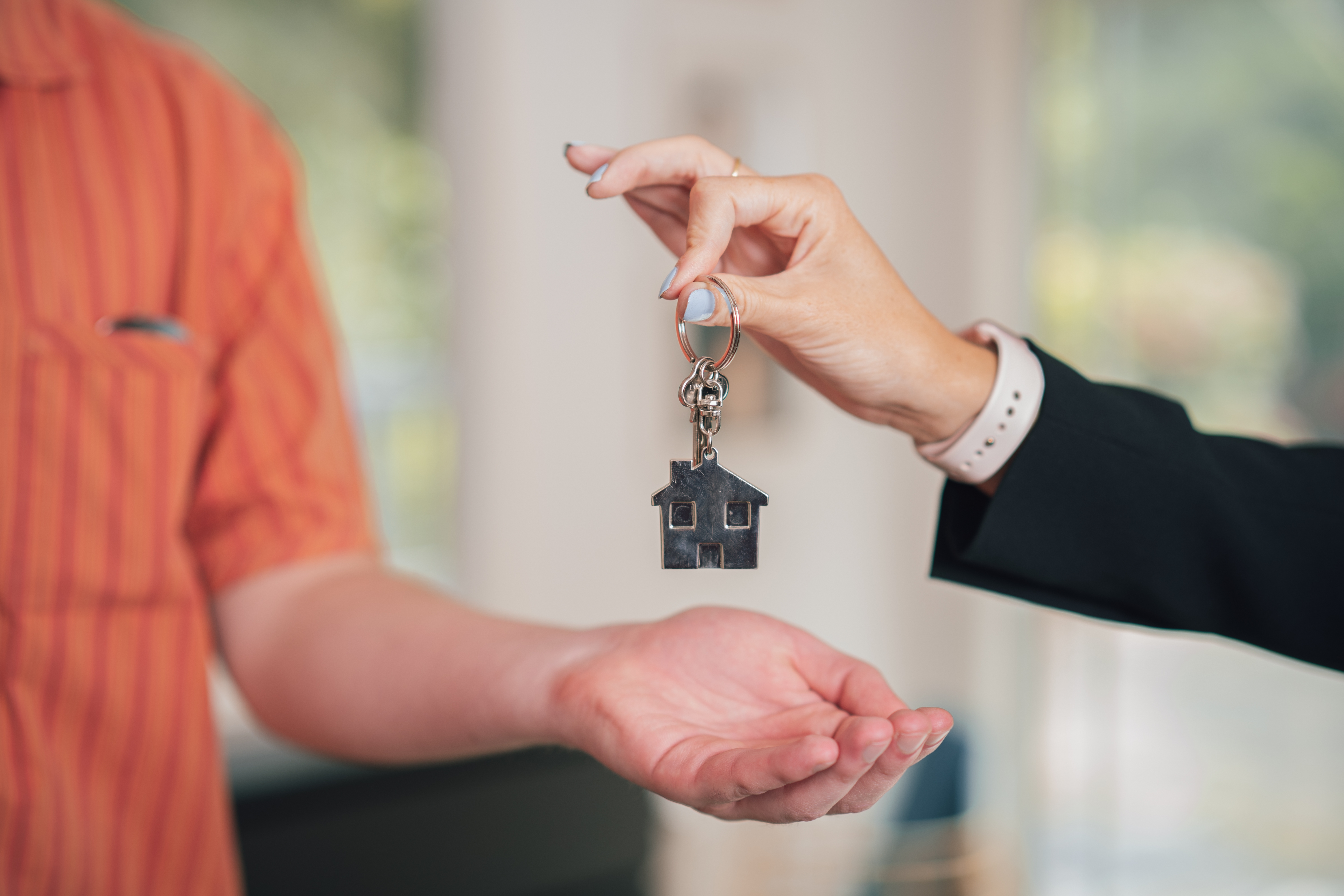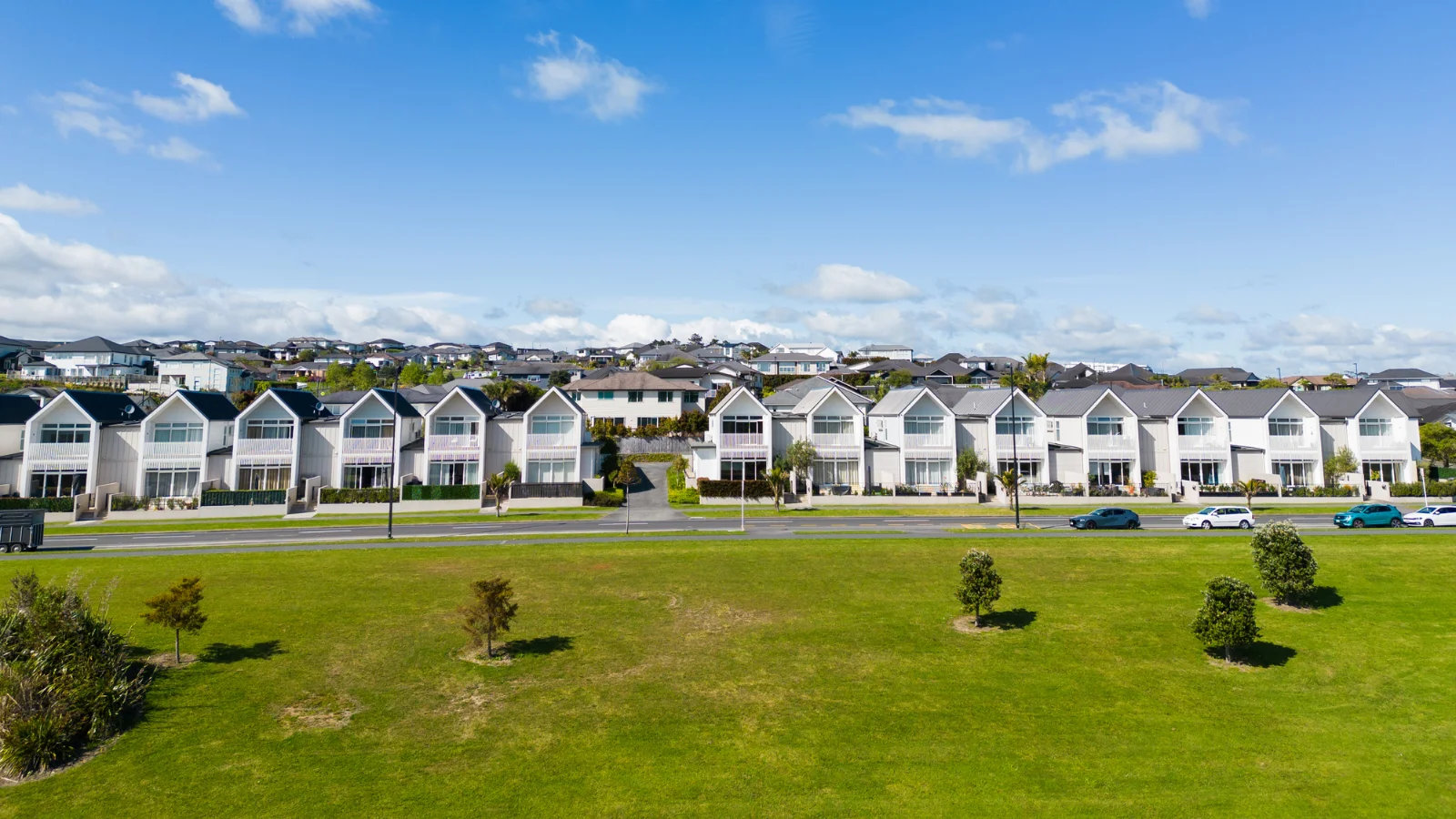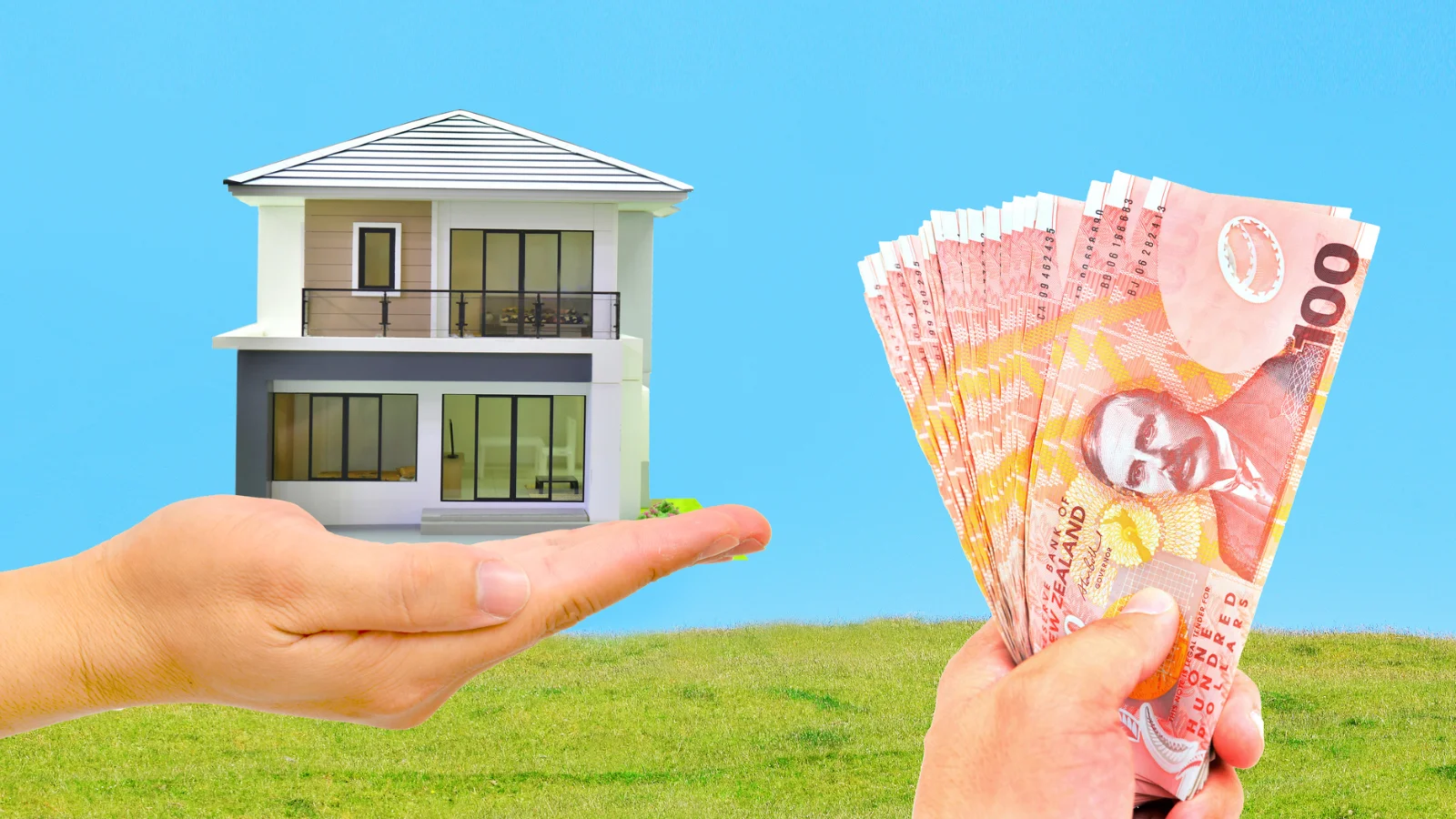Buying guide
Guide to buying an investment property in NZ
Everything you need to know to buy your first investment property and start building wealth.

Know the risks of investment property in NZ
Think about your reason for buying an investment property
Apartments in NZ can make great, low maintenance property investments.
H2: Get advice and tap into a community
Get your finances sorted
What’s the minimum deposit for investment property in NZ?
Is my income sufficient to service the mortgage?
Am I willing to sacrifice a little income?
New builds generally require less maintenance, making them great for long term property investment.
Turn a profit with your investment property
Buy below market value
Improve your investment property
Adding value to an investment property can help improve its return.
Buy and hold
Remember, property investment is a lot of work
Author
Search
Other articles you might like


.jpg)






